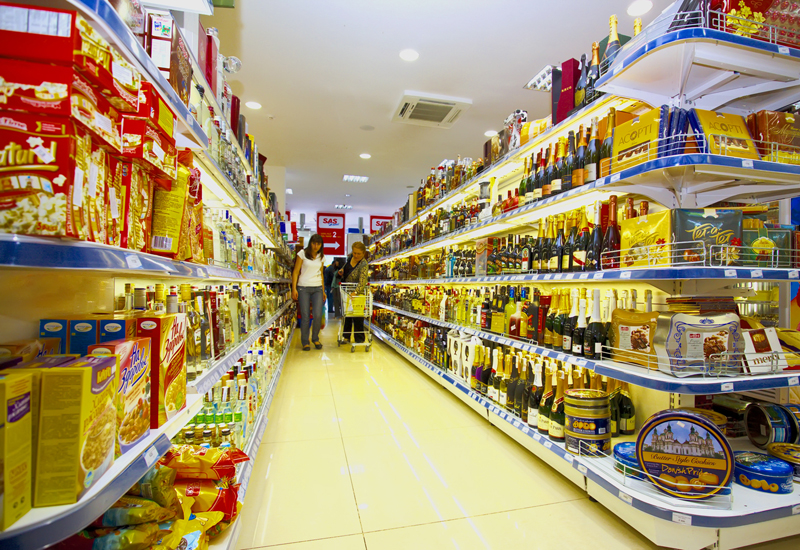
Oxford Economics forecasts a decline in global food prices this year, signaling potential relief for consumers worldwide who have been grappling with rising food costs.
In a recent report, the economic advisory firm stated, "Our baseline forecast is for world food commodity prices to register an annual decline this year, reducing pressure on food retail prices further downstream."
The main factor driving this decline is the abundant supply of many essential crops, particularly wheat and maize. Recent bumper harvests for these staple crops have led to a consistent decrease in prices. Wheat futures have dropped nearly 10% year-to-date, while maize futures have seen a decline of about 6% over the same period.
The increased production of wheat and corn grains by farmers, particularly in response to higher prices following Russia's invasion of Ukraine in 2022, has contributed to the oversupply in the market. Oxford's analysis indicates that global maize harvests for the current marketing year ending in August are projected to reach record levels.
Supply pressures in Russia and Ukraine have also eased, with both countries contributing to the international market with their wheat exports, thereby keeping prices low.
While wheat and maize prices have shown significant declines, rice prices have been on a steady rise due to global supply constraints caused by export restrictions imposed by India, one of the world's leading rice producers. Poor harvests in India last year further exacerbated the situation, leading to an increase in rice prices.
Despite the overall decline in global food prices in 2023, as reported by the World Bank, and a brief rebound in March, Oxford Economics expects prices to fall further by 5.6% this year before showing signs of recovery next year.
However, the firm cautions that risks to its food price forecast remain "overwhelmingly skewed to the upside," with adverse weather conditions posing a significant threat to crop production. Continued poor weather conditions could impair harvest prospects in key crop-growing regions, potentially leading to a gradual increase in food prices in the second half of 2024.
Moreover, factors such as buyers in Africa and Asia waiting for even lower prices before making purchases, along with the possibility of more export restrictions on rice from India, could further influence food prices.
In conclusion, while Oxford Economics predicts subdued food prices for this year, the potential for unexpected developments, such as adverse weather conditions or geopolitical factors, could lead to sharper rebounds in food prices, maintaining pressure on consumers. Photo by Vladimir Kirakosyan, Wikimedia commons.








































